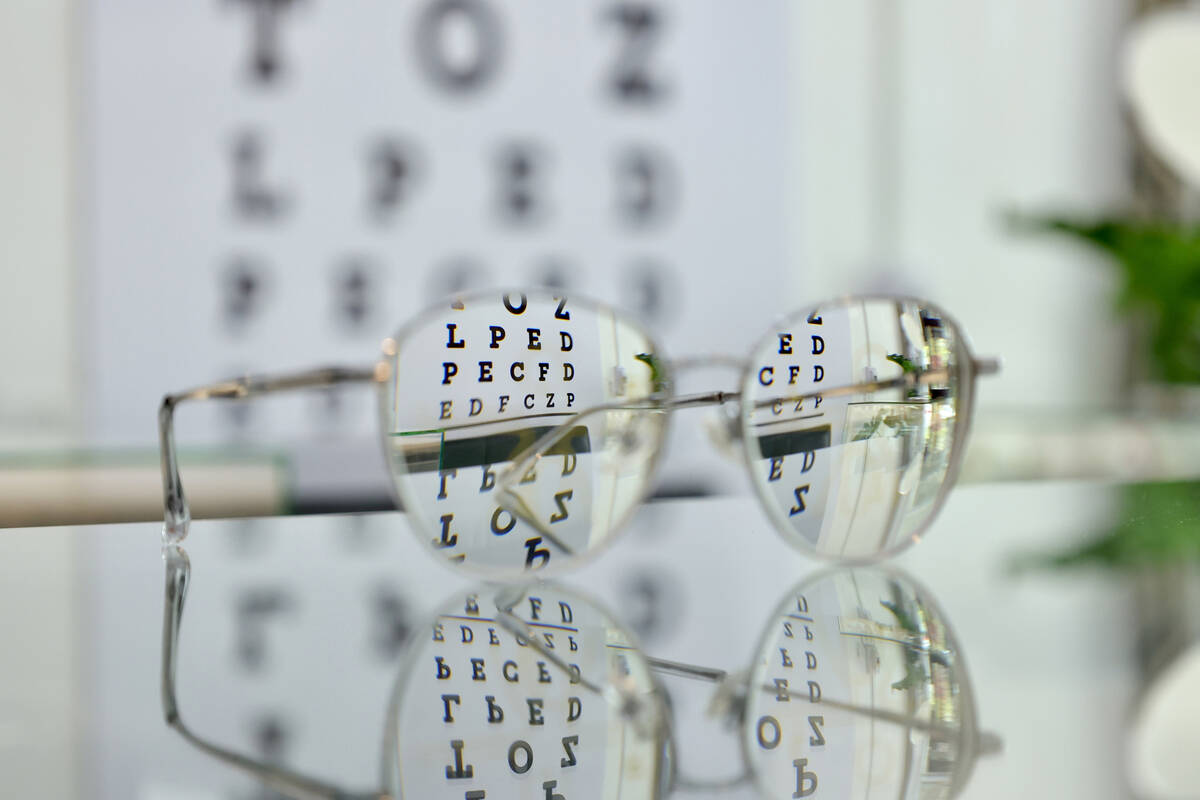Savvy Senior: Does Medicare cover vision care and eye exams?

Dear Savvy Senior: What all does Medicare cover when it comes to vision care? I have good vision insurance through my employer but will lose it when I retire. — Almost 65
Dear Almost 65: Many soon-to-be retirees are a bit blurry about what Medicare covers when it comes to vision care. The good news: Medicare covers most medical issues such as cataract surgery, treatment of eye diseases and medical emergencies. But unfortunately, routine care such as eye exams and eyeglasses is usually the beneficiary’s responsibility. Here’s a breakdown of what is and isn’t covered:
Eye exams and treatments: Medicare does not cover routine eye exams that test for eyeglasses or contact lenses, but it does cover yearly medical eye exams if you have diabetes or are at high risk for glaucoma. It will also pay for exams to test and treat medical eye diseases if you’re having vision problems that indicate a serious eye problem such as macular degeneration, dry eye syndrome, glaucoma, eye infections or if you get something in your eye.
Eye surgeries: Medicare will cover most eye surgeries that help repair the eye function, including cataract surgery to remove cataracts and insert standard intraocular lenses to replace your own. Medicare will not, however, pick up the extra cost if you choose a premium multifocal lens that restores full range of vision, thereby reducing your need for glasses after cataract surgery. The extra cost for a premium lens can run $1,500 to $4,000 per eye.
Eye surgeries that are usually not covered by Medicare include refractive (LASIK) surgery and cosmetic eye surgery not considered medically necessary.
■ Eyeglasses and contact lenses: Medicare will not pay for eyeglasses or contact lenses, with one exception: If you have had a conventional intraocular lens inserted during cataract surgery, Medicare will pay for eyeglasses or contact lenses after the operation.
Ways to save
Although original Medicare’s vision coverage is limited to medical issues, there are ways you can save on routine care. Here are several to check into:
■ Medicare Advantage plans: Many of these plans, which are alternatives to original Medicare and sold through private insurance companies, cover routine eye exams and eyeglasses, but coverage is limited, so be sure you understand the specifics.
While I don’t recommend enrolling in an Advantage plan just to get vision coverage, it is an option you should know about. To locate Advantage plans in your area that provide vision coverage, go to Medicare.gov/plan-compare or call 800-633-4227.
■ Purchase vision insurance: If you get routine eye exams and purchase new eyeglasses annually, a vision insurance plan may be worth the costs. These policies typically range from $5 to $30 per month. Most plans will also have copays or deductibles you’ll be responsible for.
■ Check veterans benefits: If you’re a veteran and qualify for Veterans Affairs health care benefits, you may be able to get some or all of your routine vision care through the VA. Go to VA.gov to learn more.
■ Find cheaper shopping options: Many retailers provide discounts — between 10 and 50 percent — on eye exams and eyeglasses if you belong to a membership group such as AARP or AAA.
You can also save by shopping at discount retailers such as Costco Optical, Sam’s Club Optical or Target Optical, which are all recommended by Consumer Reports.
■ Look for assistance: There are also health centers and local clinics that provide free or discounted vision exams and eyeglasses to those in need. To find them, call your local Lions Club (see Directory.LionsClubs.org) for referrals.
Send your senior questions to: Savvy Senior, P.O. Box 5443, Norman, OK 73070, or visit SavvySenior.org.